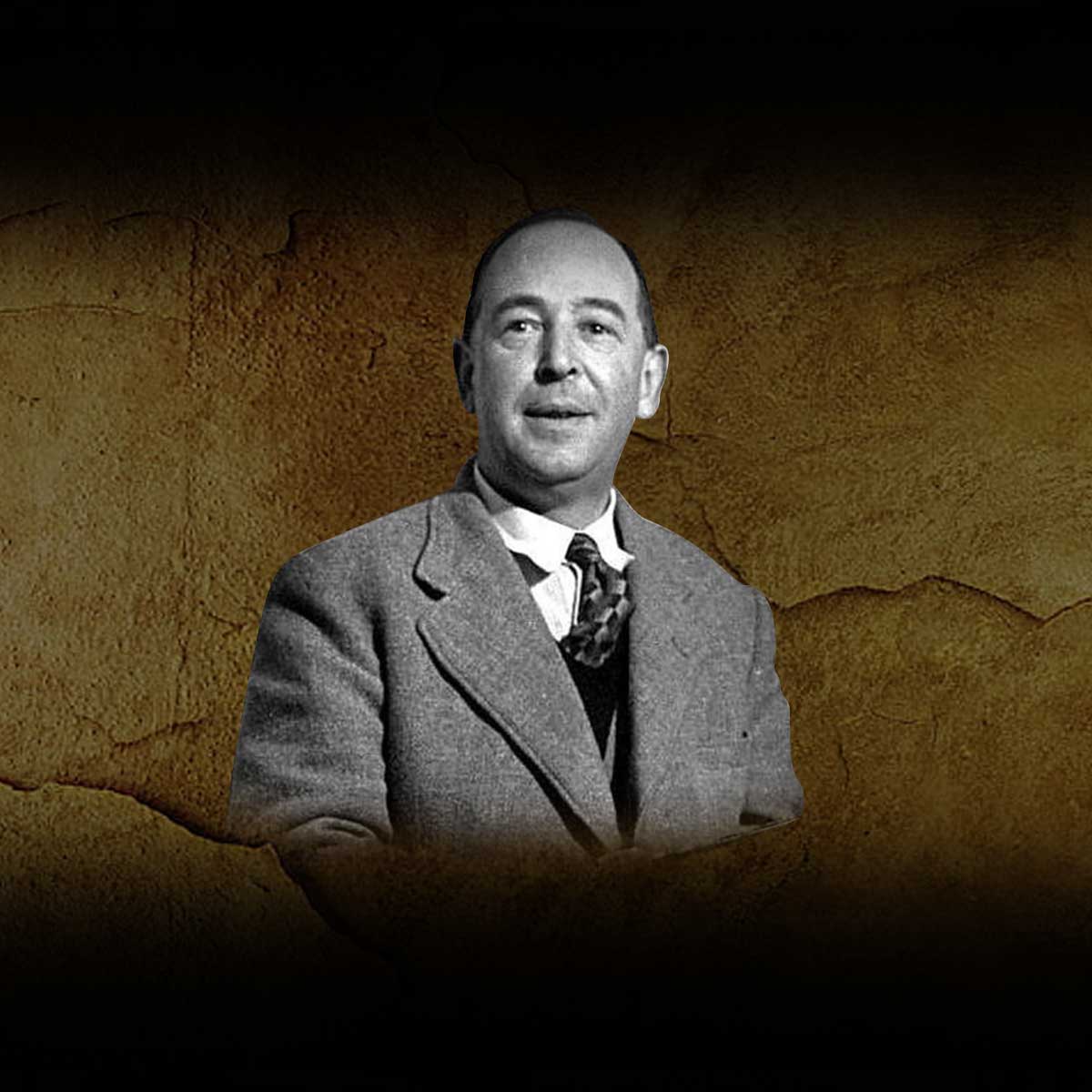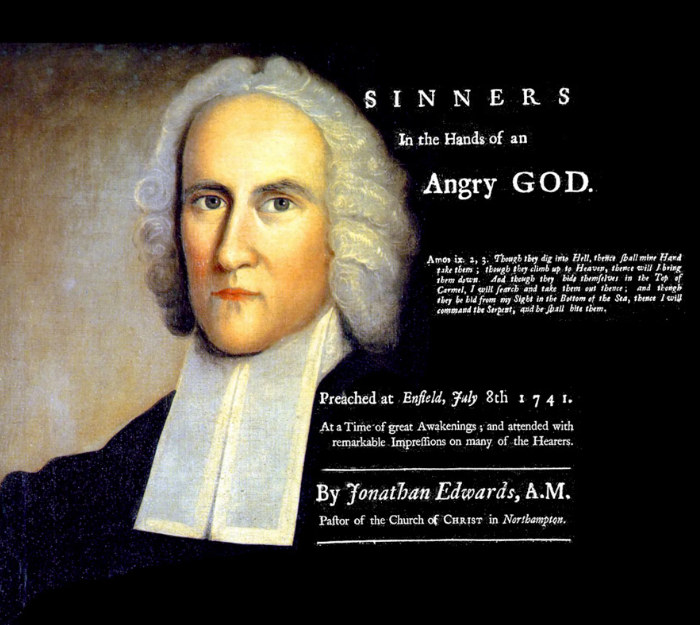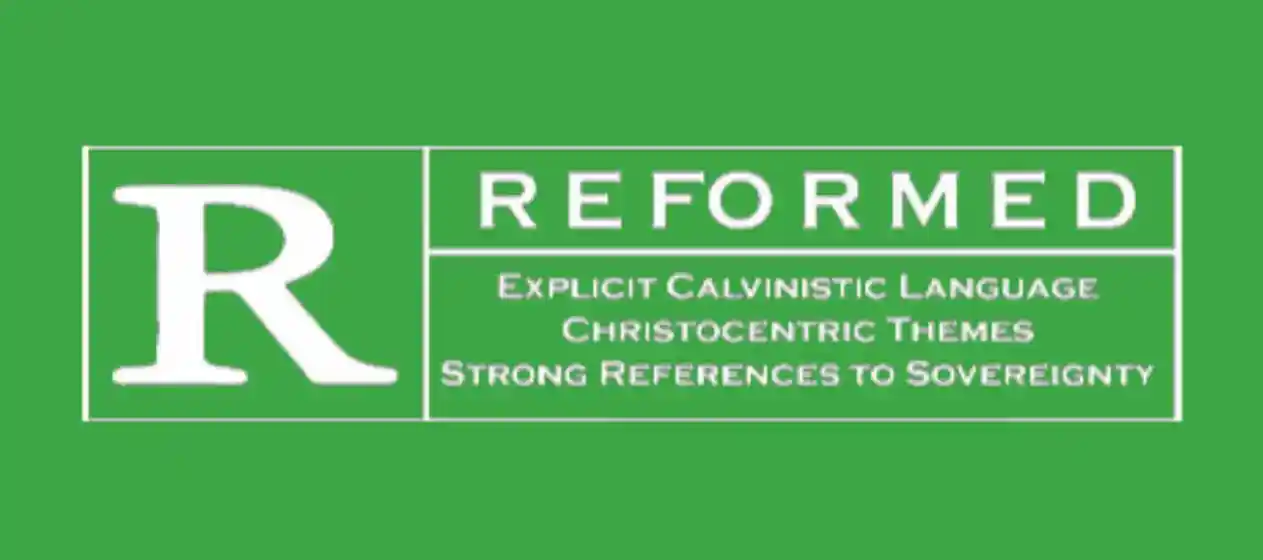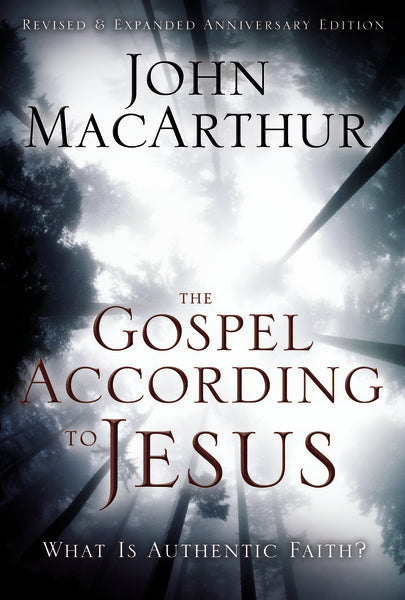During our conversations of Free Grace many have wondered if C. S. Lewis would have supported FGT.
C.S. Lewis, the renowned Christian author and theologian, did not explicitly address or oppose Free Grace Theology as it is understood in contemporary evangelical circles. However, based on his writings and theological perspectives, there are a few reasons why some aspects of Free Grace Theology might be at odds with Lewis’s views.
- Holistic Faith and Obedience: C.S. Lewis emphasized the importance of a holistic faith that encompasses both intellectual assent and heartfelt commitment. He stressed that genuine faith should lead to a transformed life marked by obedience and good works. Some forms of Free Grace Theology might place a stronger emphasis on the assurance of salvation through a one-time decision, possibly without giving as much attention to the ongoing process of sanctification and discipleship.
- Lordship and Discipleship: Lewis emphasized the lordship of Christ and the idea of discipleship. He believed that faith in Christ involves a surrender to His authority and a willingness to follow His teachings and commands. Certain interpretations of Free Grace Theology might be seen as downplaying the concept of lordship and discipleship in favor of emphasizing the assurance of salvation.
- Moral Argument for God’s Existence: In his book “Mere Christianity,” Lewis famously presented the moral argument for the existence of God. He argued that the presence of a universal moral law points to the existence of a moral Lawgiver (God). While this argument is not directly related to Free Grace Theology, it reflects Lewis’s emphasis on the moral dimension of faith and the idea that faith and obedience are intertwined.
It’s important to approach any analysis of C.S. Lewis’s views with nuance and care, as his writings cover a wide range of topics and themes. While certain aspects of Free Grace Theology might not align perfectly with Lewis’s theological emphases, it’s also possible to find areas of common ground or points of convergence, particularly in their shared focus on the centrality of grace and the transformative power of faith.




